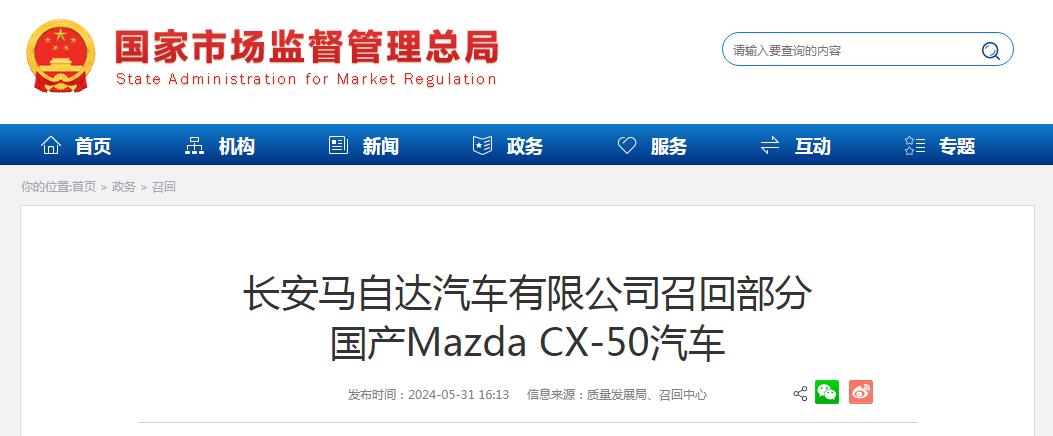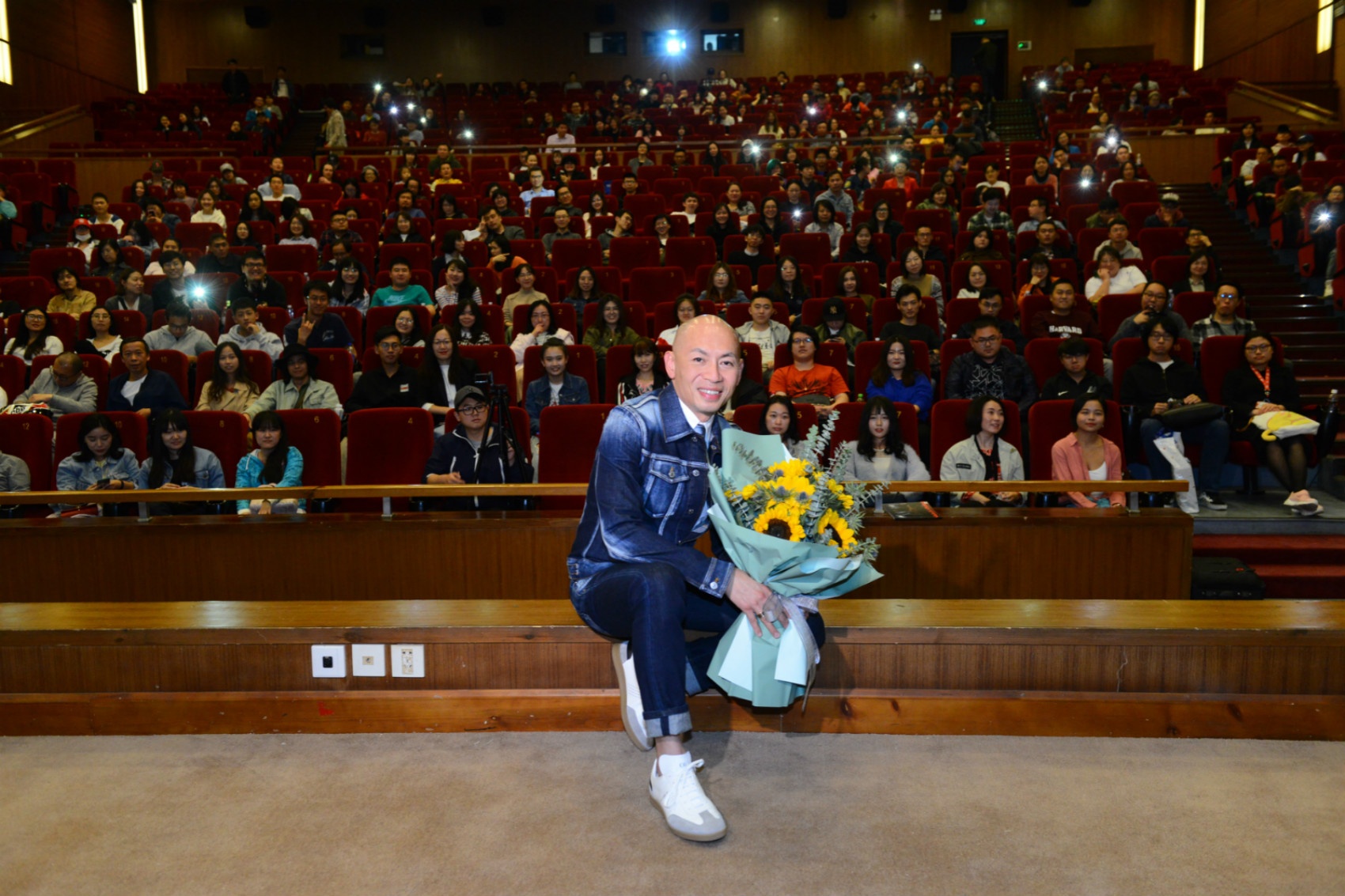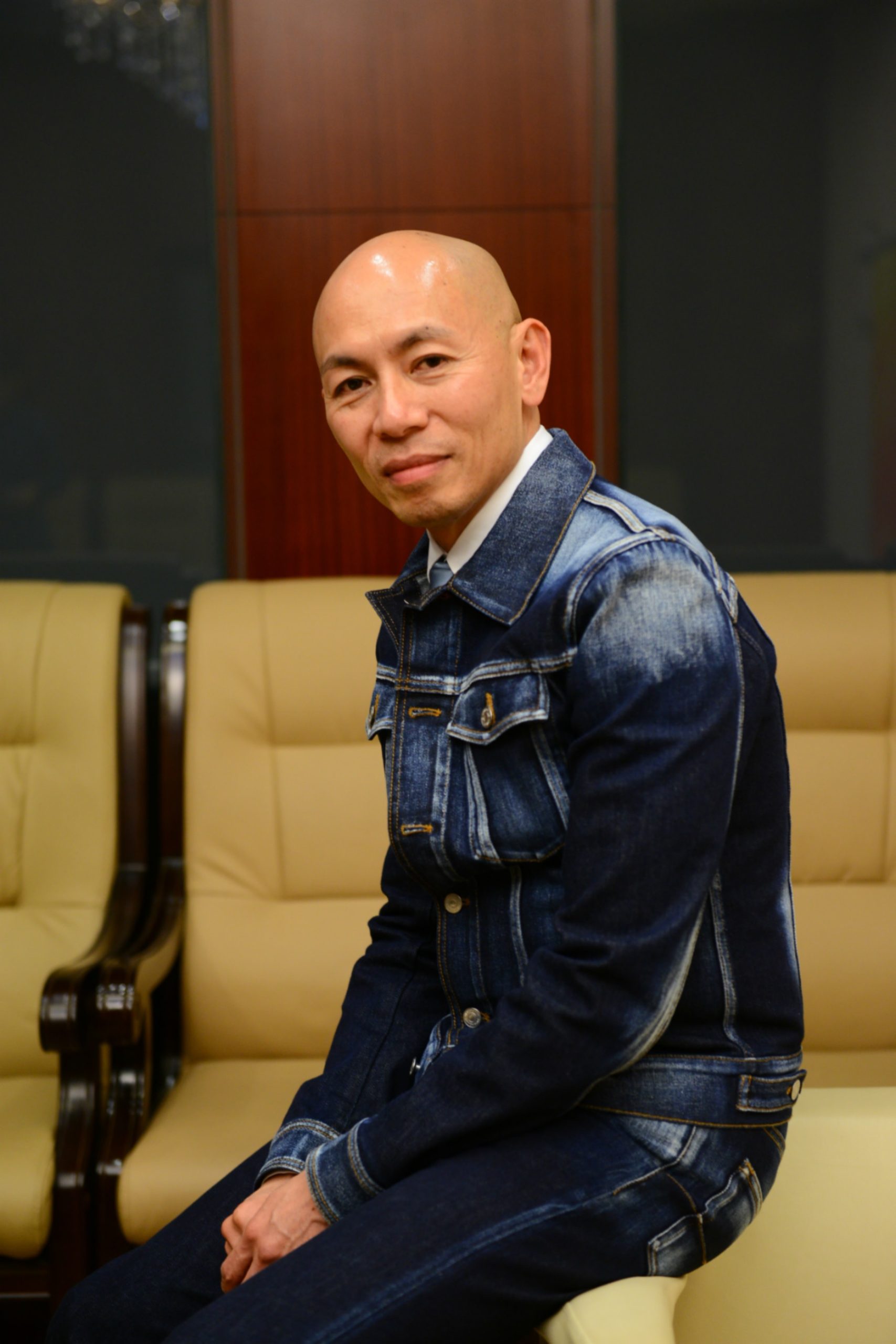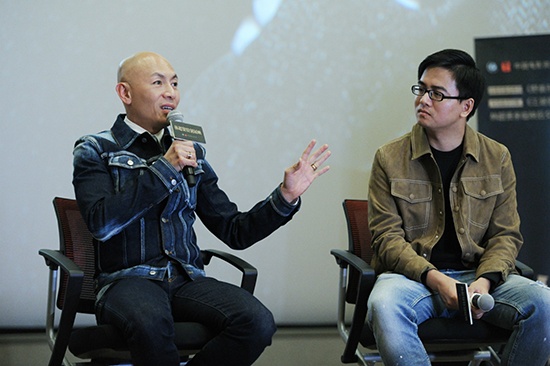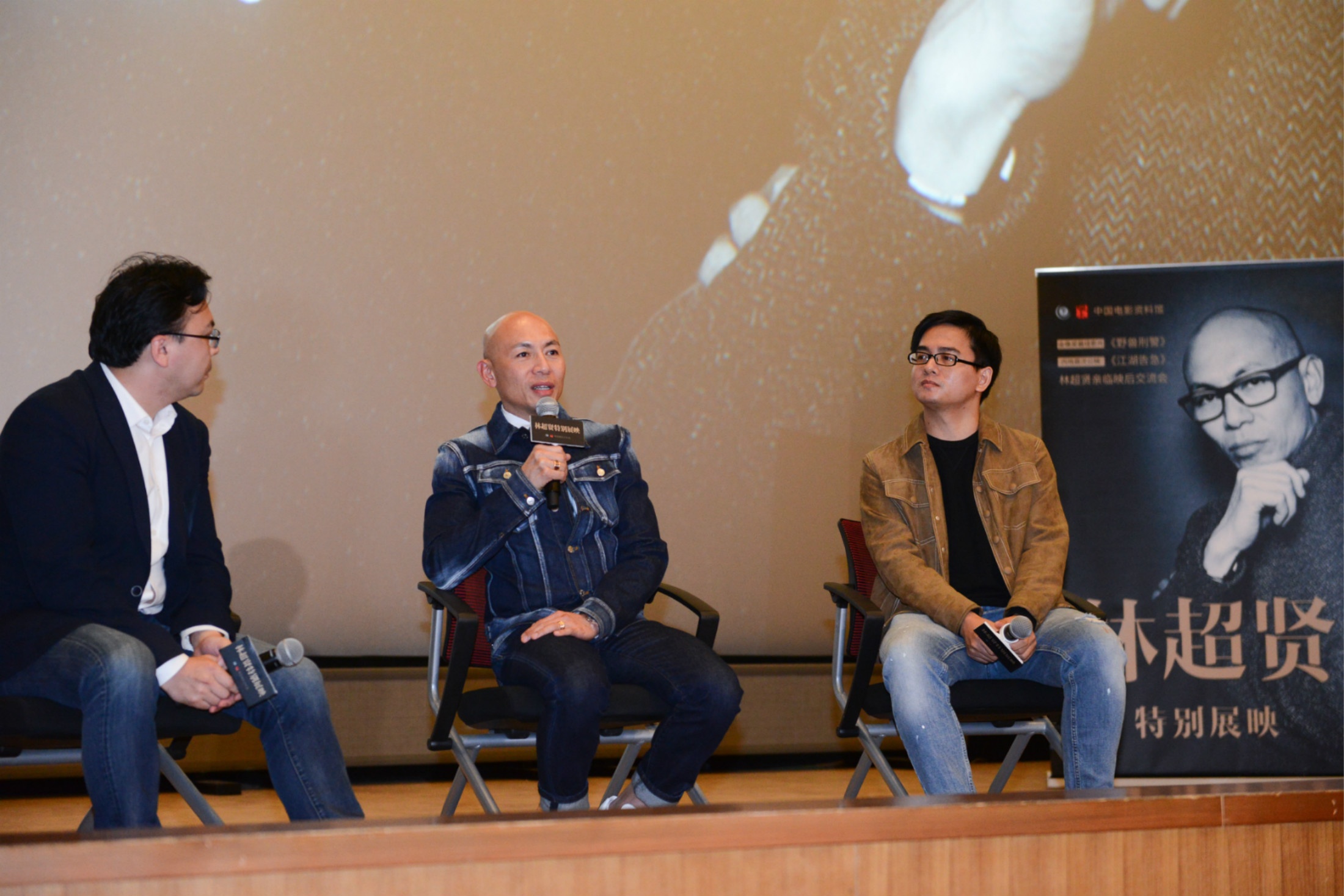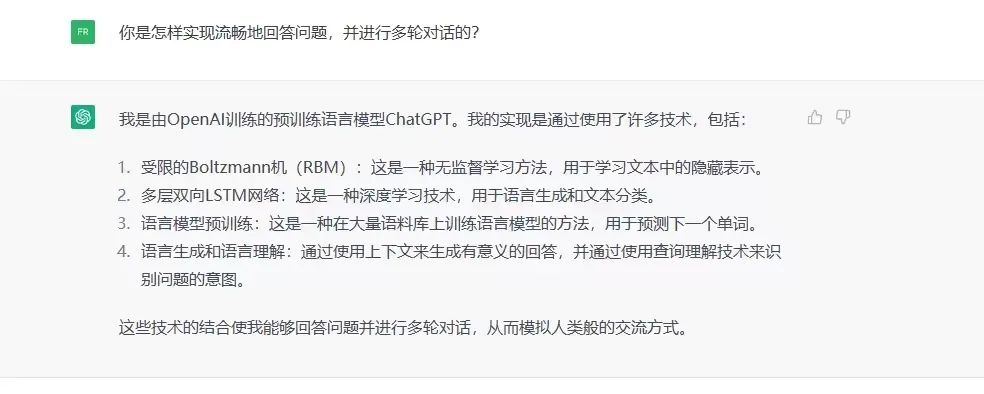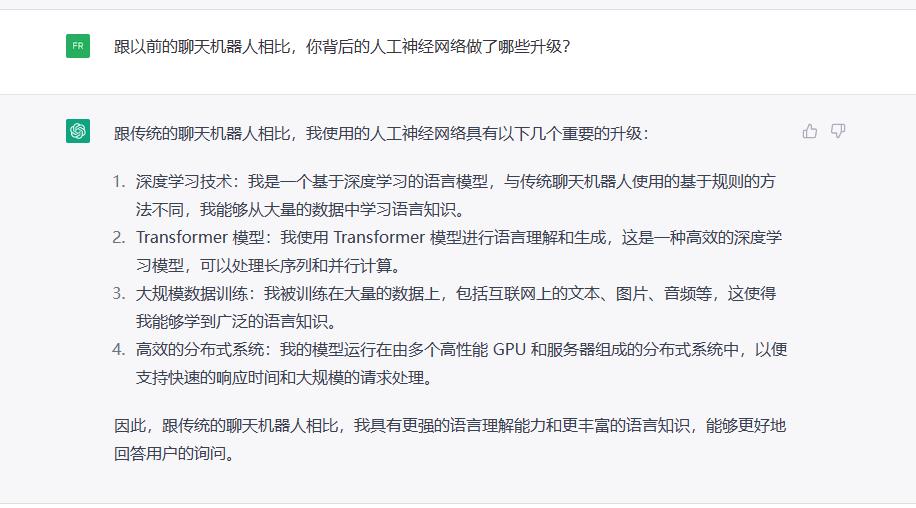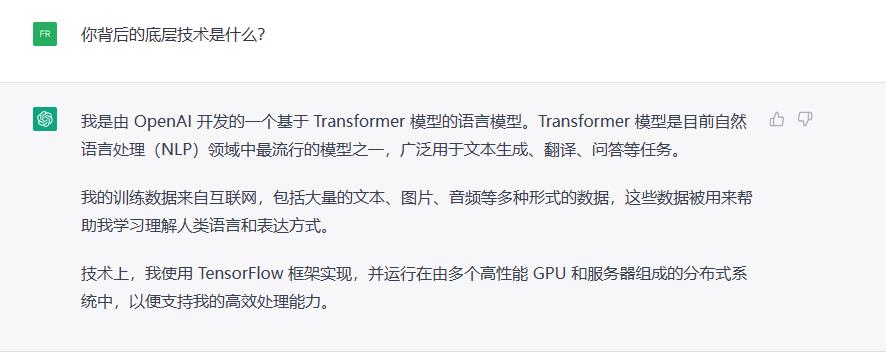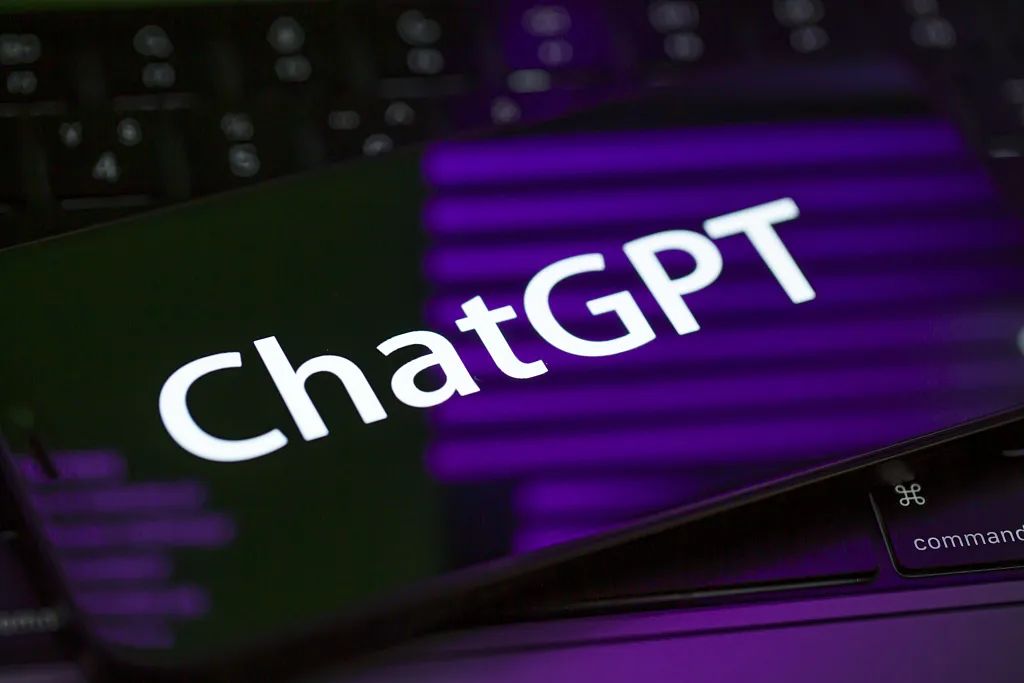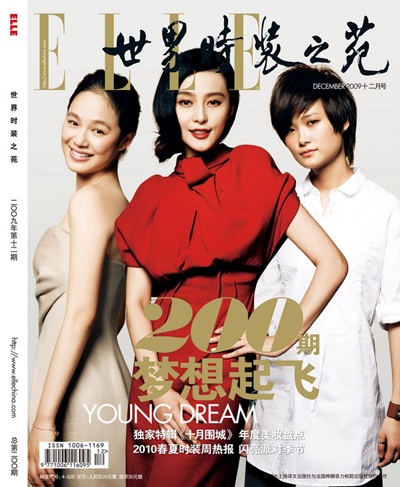 Zhou Yun,Fan Bingbing,Li Yuchun
Zhou Yun,Fan Bingbing,Li Yuchun
 Nicholas Tse
Nicholas Tse
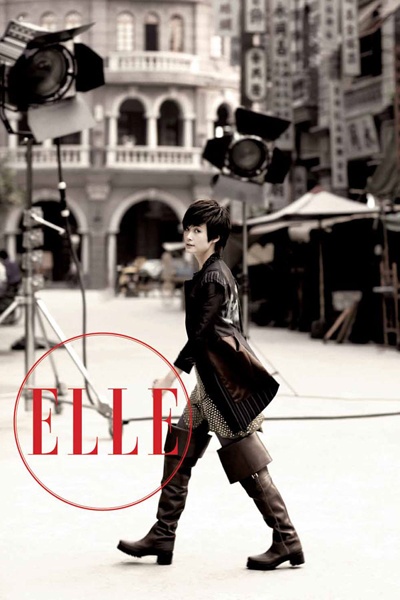 Li Yuchun
Li Yuchun
"October Siege" was a dream of the multi-talented Hong Kong filmmaker Chen Desen ten years ago. The reason why it is a dream is that no one has dared to pay for this luxury dream for ten years. The appearance of Chen Kexin finally made this dream a reality.
"October Siege" will be released simultaneously across Asia on Dec. 18, 2009. The release date was announced by the film’s executive producer, Chen Kexin, at the film’s opening ceremony on April 13. "I was stunned when I heard it," the director, Chen Desen, recalled. "After so many years of filming, Chen Kexin dared to set a release date before it was even turned on."
For a movie, this kind of domineering is indeed a bit incredible, after all, the schedule it preempts is the diamond file in the golden file. But "October Siege" should have such an imposing manner. In addition to the dreamy lineup of "Nine Emperors and One Queen", it also restores the 1905 "Hong Kong Central" with an unprecedented 1:1.
43 million, a city
43 million, about the production cost of a medium-sized film, but in "October Siege", this money is just enough for a location – Central, Hong Kong in 1905. 4,000 plaques, 3,000 props and costumes, 500 houses, 200 shops, more than 300 workers worked day and night for more than a year.
"Before, when I made a blockbuster costume film, I rented a studio to renovate it and started it. I could build a city for a movie. This is the first time," said Mai Guoqiang, the film’s art director. "This is not a shell project. There is Victoria Harbor, Queen’s Road, Stone Street, and underground secret passages that you can’t see. Even the bottle of soy sauce in the shop window and the rice in the rice bowl of the grocery store are real guys."
"October Siege" was a script that Chen Desen completed 10 years ago. It started filming twice and died twice. In the past ten years, countless people were optimistic about this story, but because there was no budget for the city, the filming plan was stranded. Until Chen Kexin appeared.
With this city, the mainstream commercial blockbuster takes it to another level. "To build a city, not only can the audience touch the details of history, but also let the actors feel that they are in Hong Kong, they are living in 1905 Hong Kong Central," Chen Kexin said.
6 bald heads, 5 disappearances
In order to meet the needs of the plot, six actors, including Wang Xueqi, Donnie Yen, Nicholas Tse, and Hu Jun, had to appear bald in the film, so the two directors set a "three-light policy" of shaving, polishing, and polishing for the "skinheads". For a star, shaving his head not only means sacrificing his image and giving up endorsements, but also means that he cannot take on other films for a long time.
However, the bald head was just the beginning of the "whole person". In Chen Kexin’s words, the movie "October Siege" was really "destroying people tirelessly". They raised Hu Jun’s nose and shaved his eyebrows, so that Hu Jun’s daughter didn’t dare to recognize her father when she saw him again; they scarred Nicholas Tse’s eyes, pasted wind ears, and let him pull a cart on the concrete floor naked in the July sun; they let Donnie Yen play a bad gambler, who was beaten into a bread face by a Thai boxing master in the film; they let Leung Ka Fai fall down dozens of times on the stone street, just to take a shot; in order to seek truth, let Wang Xueqi sprint 100 meters on the stone street; in order to have an effect, let Li Yuchun break a piece of glass with his hands repeatedly without any protection; let Zhou Yun dress up as a limp and run wildly on Queen’s Road, and let Fan Bingbing face the camera??
Every actor did it without complaint. Chen Kexin and Chen Desen are making dreams, and they help to realize them together.
24 hours in a row
The story of "October Siege" is not complicated. On October 15, 1905, Sun Yat-sen returned to Hong Kong for the first time after being expelled by the Qing government for ten years. In order to ensure the safety of Sun Yat-sen after his arrival in Hong Kong, Chen Shaobai, the president of China Daily, entrusted Li Yutang, the richest businessperson in Hong Kong, to assemble six bodyguards to resist the 500 killers dispatched by the Qing court.
The story focuses on 24 hours, which sounds like a Republic of China version of "Saving Private Ryan". It is the same as Tom Hanks’ rescue team. This group of bodyguards do not know who they are going to protect, and they have not used a calculator to calculate whether it is worth it to risk a person’s safety with six lives.
But in their bodies, there is a little difference – Nicholas Tse plays the rickshaw driver A Si, in order to protect the safety of the master and the young master; Donnie Yen plays the gambler Shen Chongyang, in order to let his daughter, who has not seen him since birth, know that he has such a father; Battle plays the street vendor Wang Fuming, in order to return to Shaolin openly; Li Yuchun plays the actress Hong, in order to find his father’s enemy; Liming plays the beggar Liu Yubai, in order to regain the dignity of life in front of the woman he likes; and Wang Bojie plays the young master Li Chongguang, in order to prove that he has grown up at the age of 17.
It was not so much that these bodyguards were loyal to the country and the revolution, but rather that they were loyal to themselves and their ideals. It was not so much that these bodyguards were brave and fearless, but that they were simple and easy to fight. Therefore, in their eyes, this defense battle seemed simple and passionate, and of course, it was necessary.
Chen Desen repeatedly stressed that he was not making a movie about Sun Yat-sen, because Sun Yat-sen’s great achievements have long been decided. What he wanted to shoot was the love and righteousness, love and hate of that era. He hoped to make the audience remember some unfamiliar names, some little people who you will never notice, never have anything to do with greatness, but have been constantly knowing themselves and breaking through themselves. "They are the true coordinates of an era."
